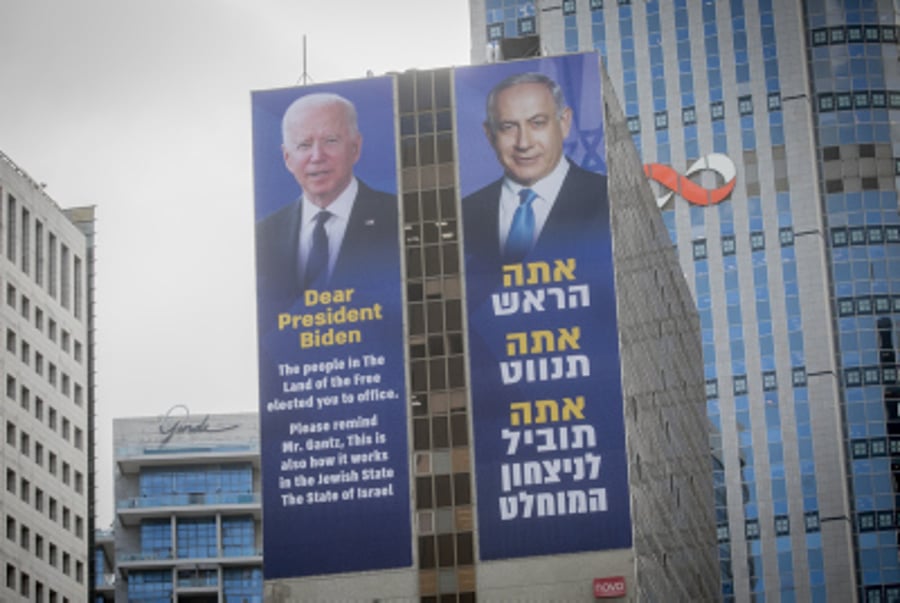
A senior Biden administration official disclosed that the United States has provided $6.5B in security assistance to Israel since the outbreak of hostilities with Hamas on October 7. This previously unreported figure came to light following recent talks in Washington with Israeli Defense Minister Yoav Gallant and his delegation, as reported by Israel HaYom
The substantial aid package, which includes nearly $3 billion approved in May, comes at a time of heightened diplomatic activity between the two nations. "This is a massive, massive undertaking," the senior official stated, speaking on condition of anonymity. The disclosure aims to illustrate the depth and complexity of U.S. support for Israel.
To address concerns about potential delays in aid delivery, U.S. arms transfer experts conducted a comprehensive review of "hundreds of separate items" with their Israeli counterparts during Gallant's four-day visit. This effort sought to counter recent claims of "bottlenecks" in the arms flow, allegations that the White House had described as "perplexing" and "inaccurate."
Gallant emphasized the critical nature of U.S. support during a press briefing. "Our ties with the United States are the second-most important element for Israel's security," he said, highlighting the need for American diplomatic, political, and material assistance.
The defense minister reported "significant progress" in addressing obstacles and expediting various issues, particularly regarding force build-up and munition supply. "Obstacles were removed and bottlenecks were addressed in order to advance a variety of issues," Gallant stated.
While acknowledging the complexities of the arms transfer process, the senior U.S. official noted potential misunderstandings on the Israeli side regarding specific requests. "In terms of bottlenecks, it is a complicated, bureaucratic system that we have for good reason," the official explained, citing obligations to Congress, laws, and regulations.
Despite the ongoing flow of arms, the Biden administration continues to withhold a shipment of 2,000-pound bombs, citing concerns about their potential use in densely populated areas.
Gallant's visit included meetings with key U.S. national security officials, covering topics such as efforts to secure a Gaza ceasefire, the return of Israeli hostages, and plans for Gaza's future governance. Discussions also touched on Iran's escalating production of weapons-grade nuclear fuel and ongoing disputes over humanitarian aid distribution in Gaza.
As the conflict enters its sixth month, the scale of U.S. support for Israel continues to evolve, reflecting the complex dynamics of Middle Eastern geopolitics and the enduring alliance between the two nations.










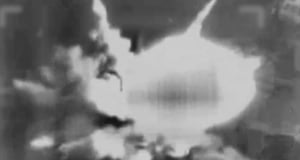
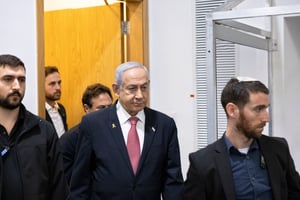
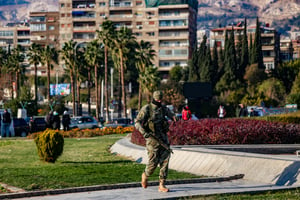




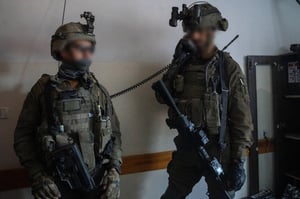

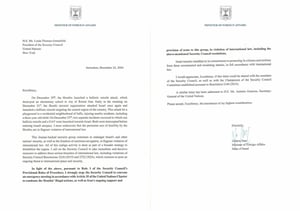

0 Comments